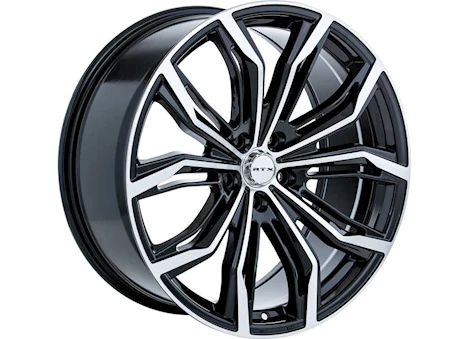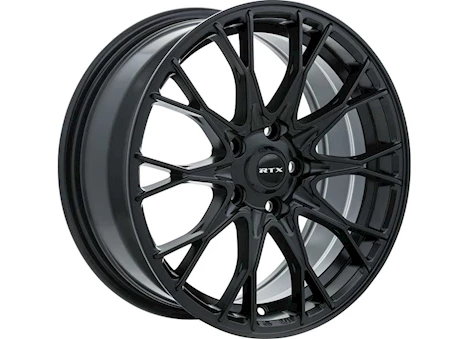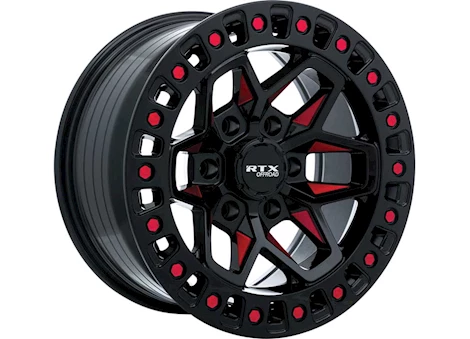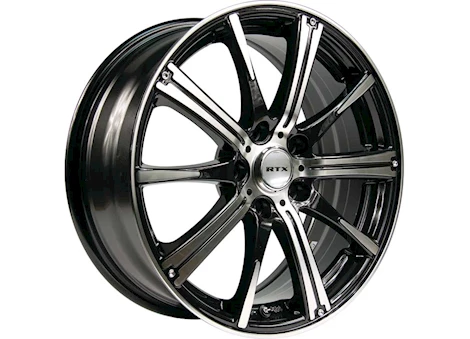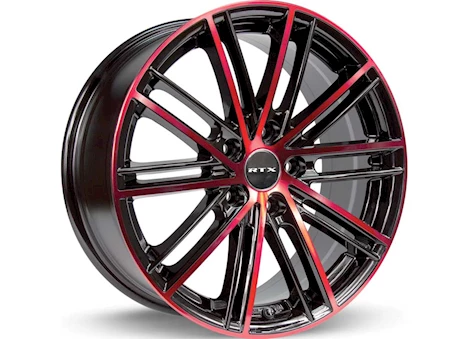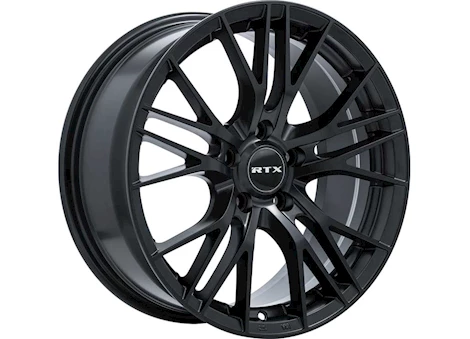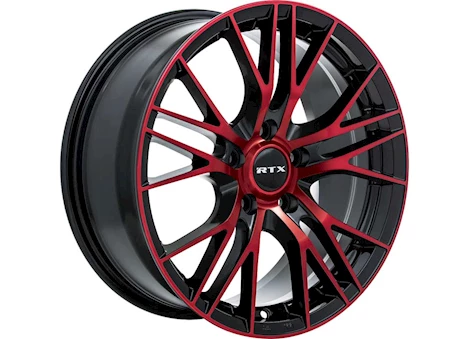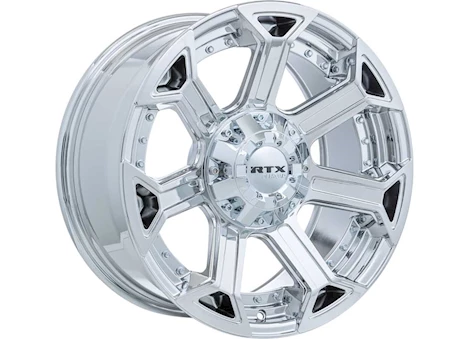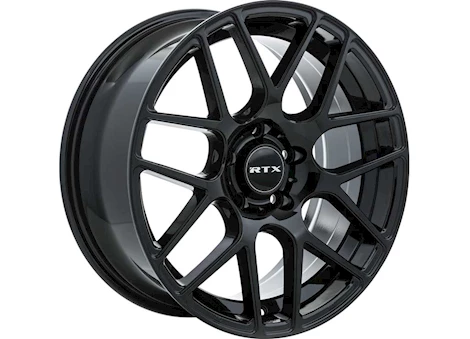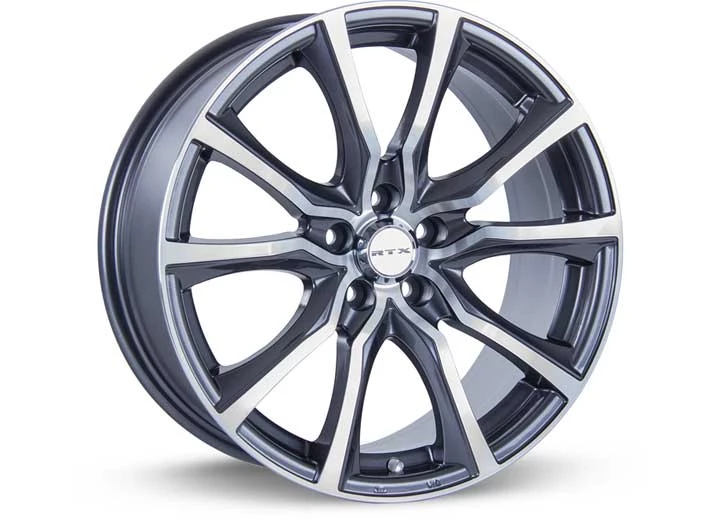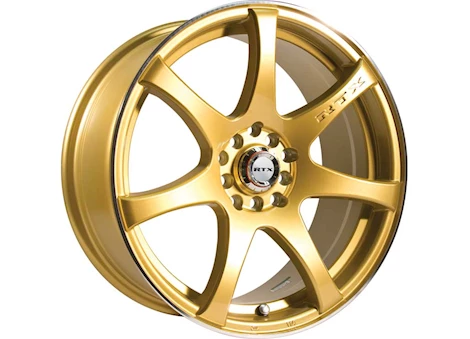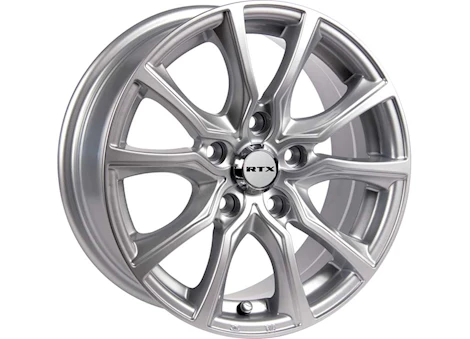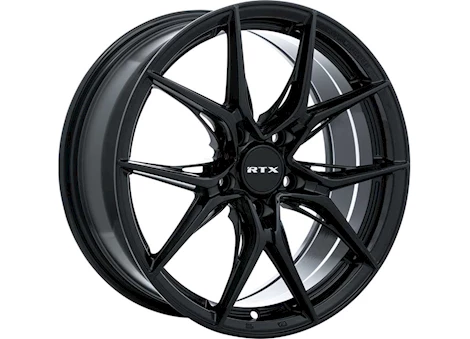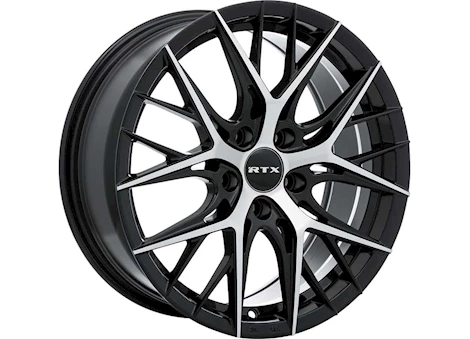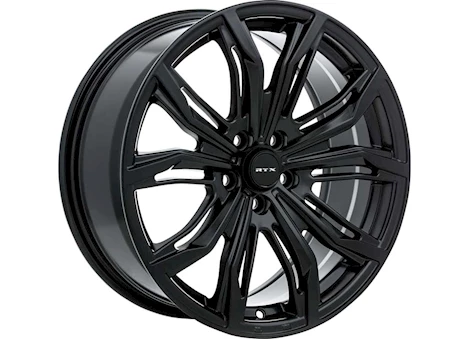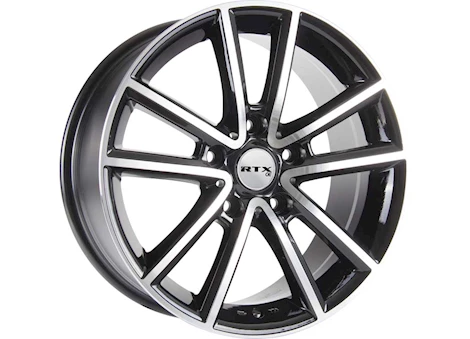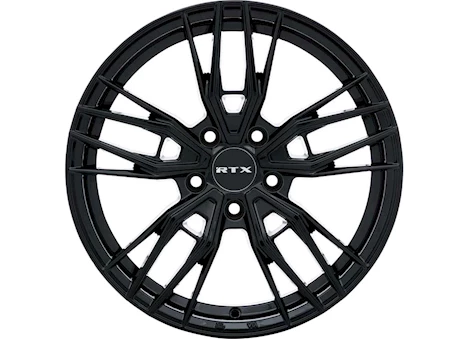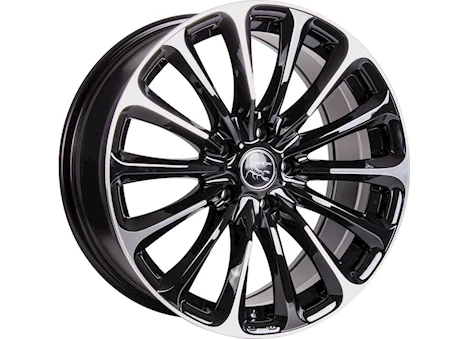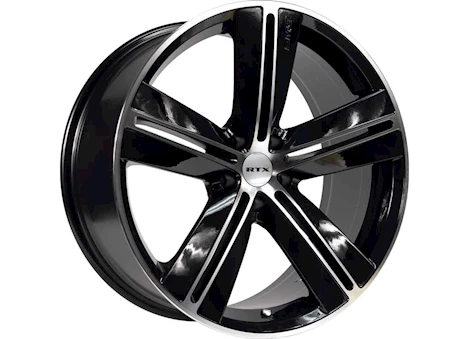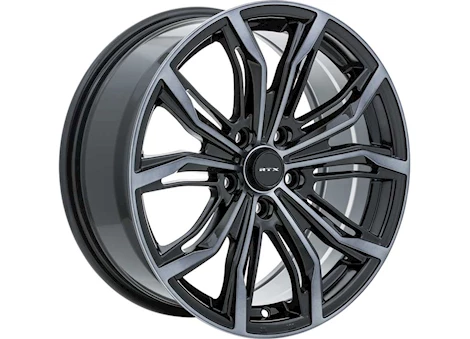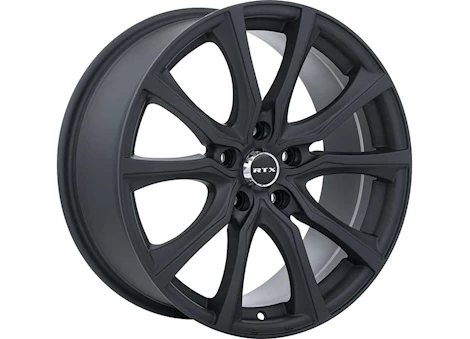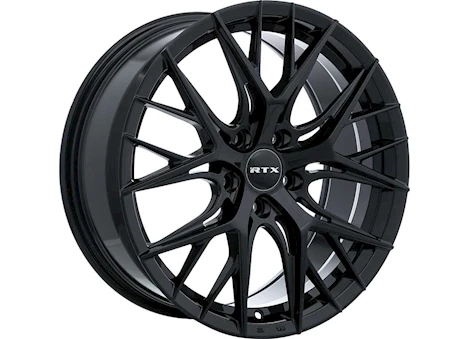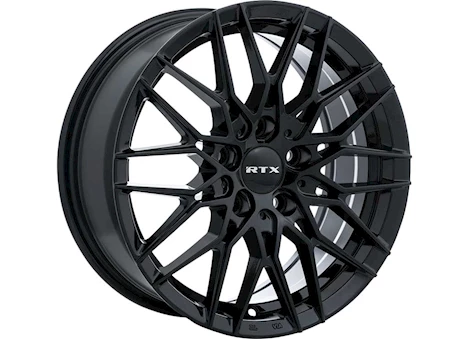Free Shipping Details
Free standard shipping on applicable orders over $200. Exclusions do apply. This offer does not apply to express or expedited shipping options. This offer is not valid on shipments to Alaska, Hawaii, or anywhere outside of the contiguous United States. This offer does not apply to oversize items shipping to rural areas. Oversize items require oversized truck freight shipping (LTL) due to size, weight, or shipping restrictions. Please allow for order processing time which varies by product followed by 3-5 business days for parcel ground deliveries to commercial addresses or 5-10 business days for home delivery to residential addresses. All returns are subject to the OmniGarage.com standard return policy. Check out our Shipping & Returns page for additional details on our policies.
-
Shop
- Exterior
- Interior
- Performance
-
Drivetrain
- Drivetrain
-
Suspension & Steering
- Suspension & Steering
-
Towing
- Towing
-
Wheel
- Wheel
-
Exhaust
- Exhaust
- Audio
-
Lighting
- Lighting
-
Accessory Control Systems Air Dam Light Kits ATV/UTV Lighting ATV/UTV Off-Road Whips, Flags, & Accessories Auto Interior Replacement Bulbs Bumper Lighting Cornering Lights Courtesy Lights Cube, Round, Rectangular, & Oval Lights Daytime Running Lights & Eyebrows Demon Eyes Dome Lights & Components Door Mirror Lights Emergency & Safety LightingFog Lights & Components Headlights, Tail Lights, & Components LED Letter Badges Light Mounts & Brackets Light Pods Lighting Flashers Lighting Miscellaneous Components Lighting Relays Lighting Remotes, Controllers, & Dimmers Lighting Resistors Lighting Security Kits Lighting Wiring & Adapters Offroad Light Bars & Components Parking & Turn Signal LightsParking Lights & Components Reflectors Reverse & Back Up Lighting Rock Lights Roof & Cab Marker Lights Running Board Lights & Accessories Side Marker Lights & Components Tailgate Light Bars Third Brake Lights & Components Trailer Lights & Reflectors Turn Signal Lights & Components Wheel Lighting Work Light & Lamps
-
Collision
- Collision
-
Shop Supplies & Equipment
- Shop Supplies & Equipment
-
Outdoor & Powersports
- Outdoor & Powersports
-
Overlanding
- Overlanding
- Brands
- Sale


